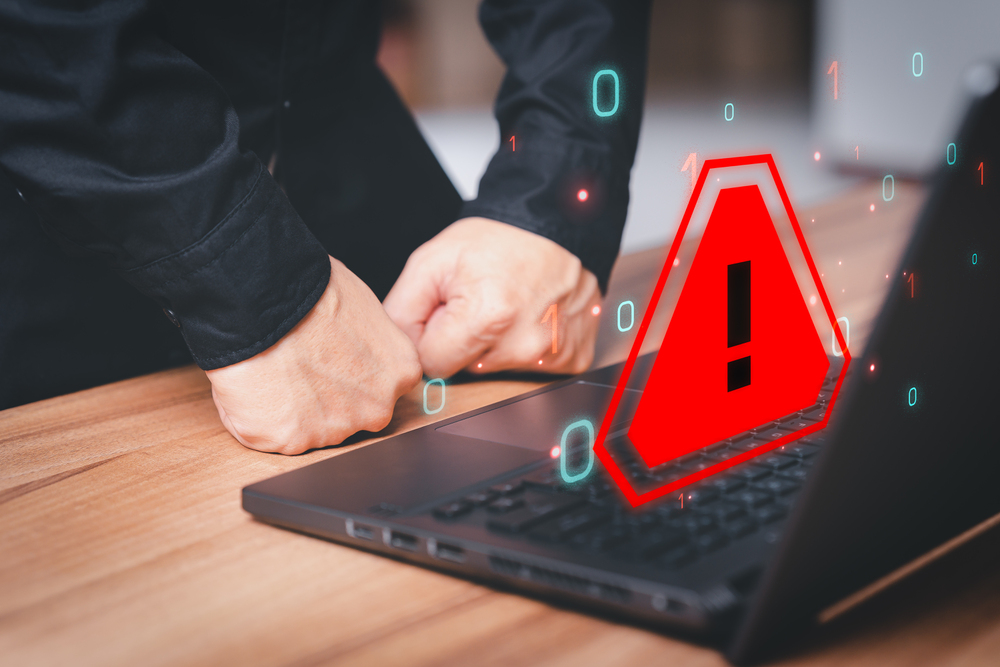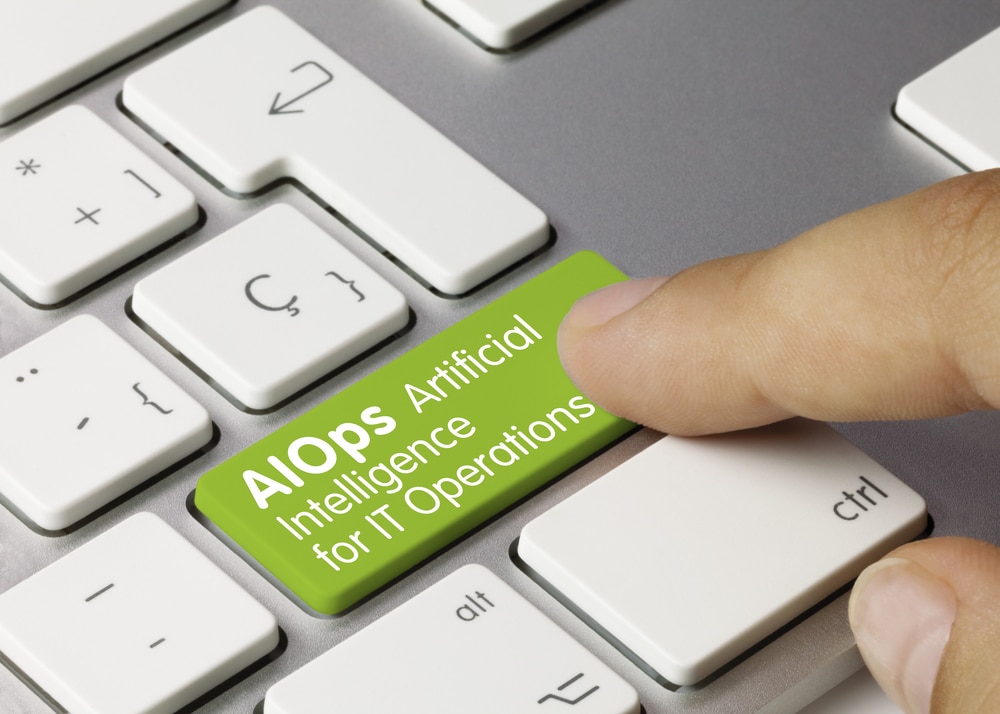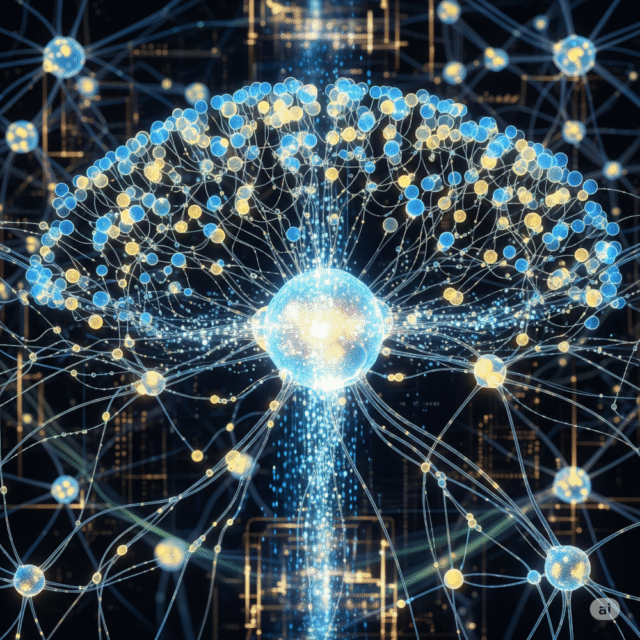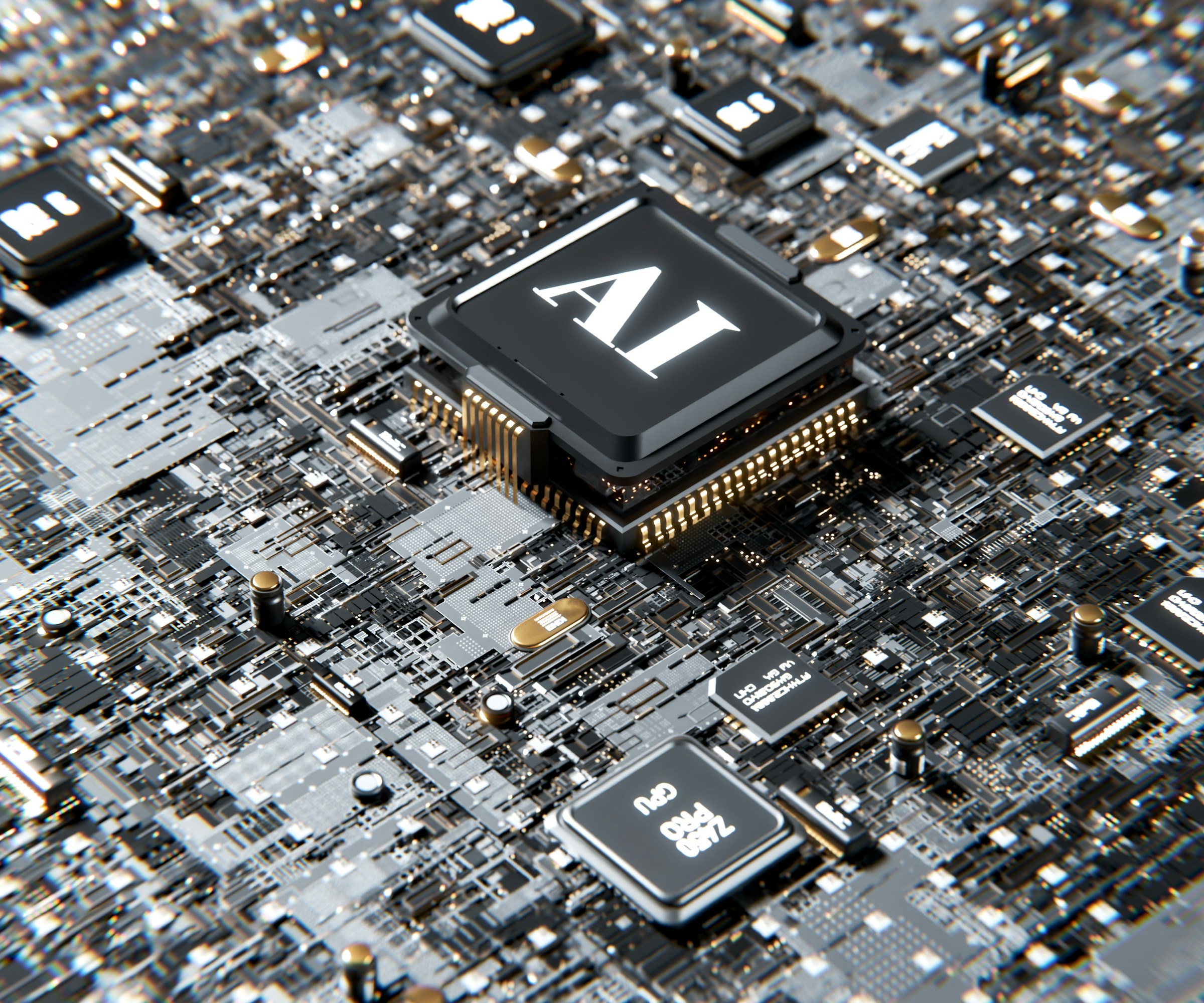
Why browser security is increasingly essential for the enterprise [Q&A]
As enterprises embrace hybrid work, SaaS applications, and AI tools at unprecedented scale, one critical access point is being increasingly targeted by attackers: the browser.
To better understand the risks and what can be done to secure the browser, we spoke with Alon Levin, vice president of product management at Seraphic Security, and an expert in enterprise browser security.

Why effective exposure management is key to cybersecurity [Q&A]
Thanks to the rise of hybrid working and SaaS the traditional concept of ‘attack surface’ -- limited to hardware, software, and network infrastructure -- is dangerously outdated and no longer sufficient to ensure cybersecurity.
We spoke to Mike Riemer, senior vice president Network Security Group and field CISO at Ivanti, to find out how organizations need to adapt to keep their systems secure.

Why the future of AI isn’t about better models -- it’s about better governance [Q&A]
The rise of generative and agentic AI is transforming how data is accessed and used, not just by humans but by non-human AI agents acting on their behalf. This shift is driving an unprecedented surge in data access demands, creating a governance challenge at a scale that traditional methods can’t handle.
If organizations can’t match the surge in access requests, innovation will stall, compliance risks will spike, and organizations will reach a breaking point. Joe Regensburger, VP of research at Immuta, argues that the solution isn’t more powerful AI models; it’s better governance. We talked to him to learn more.

The rise of vishing and why enterprises need to be ready [Q&A]
Vishing (voice phishing) attacks have surged by over 1,600 percent so far this year, partly driven by a rise in AI-driven deepfake voice scams.
This is yet another way cybercriminals are seeking to impersonate those with access to company systems to disrupt organizations and hold data for ransom. We spoke to Anthony Cusimano, solutions director at Object First, to discover more about this trend and how businesses are at risk.

Why an adaptive learning model is the way forward in AIOps [Q&A]
Modern IT environments are massively distributed, cloud-native, and constantly shifting. But traditional monitoring and AIOps tools rely heavily on fixed rules or siloed models -- they can flag anomalies or correlate alerts, but they don’t understand why something is happening or what to do next.
We spoke to Casey Kindiger, founder and CEO of Grokstream, to discuss new solutions that blend predictive, causal, and generative AI to offer innovative self-healing capabilities to enterprises.

Neural networks and their effect on test and measurement [Q&A]
Historically test and measurement has been simply about collecting data and exporting it for later analysis. Now though neural networks make it possible to carry out the analysis in real time.
We spoke to Daniel Shaddock, CEO of Liquid Instruments, to find out more about what this means for businesses.

Why real-time visibility is key to runtime security [Q&A]
Cloud threats are evolving faster than most security teams can respond, and traditional security tools are struggling to keep pace. According to IBM’s 2024 Cost of a Data Breach Report it now takes an average of 258 days to detect and contain a breach -- giving attackers more than enough time to access sensitive data and move laterally through cloud infrastructure undetected.
We spoke to CEO of Upwind, Amiram Schacha, to learn why organizations need real-time visibility and protection at the runtime layer -- where threats actually occur -- in order to close this growing security gap.

Navigating the hidden dangers in agentic AI systems [Q&A]
According to Gartner 33 percent of enterprise applications are expected to incorporate agentic AI by 2028, but are their security teams equipped with the latest training and technology to protect this new attack surface?
We spoke with Ante Gojsalić, CTO and co-founder at SplxAI to uncover the hidden dangers in agentic AI systems and what enterprises can do to stay ahead of the malicious looking to exploit them.

Data silos -- why they’re flawed and what to do about it [Q&A]
Every application, database, filesystem and SaaS service inevitably creates another data silo. From Hadoop-based data lakes to modern data warehouses and lakehouses, enterprises have invested millions in the promise of a single source of truth. But these grand visions invariably fall short.
We talked to Saket Saurabh, CEO and co-founder of Nexla, to discuss a more practical approach that embraces the existence of data silos while ensuring seamless access and usability.

What’s behind the recent rise in identity-based attacks? [Q&A]
Cybercriminals are increasingly using sophisticated identity-based attacks (phishing, social engineering, leveraging compromised credentials) to gain access as trusted users and move laterally across systems undetected.
We spoke to Cristian Rodriguez, field CTO, Americas at CrowdStrike, about the company’s recent research into these attacks and now organizations can defend against them.

The impact of AI -- how to maximize value and minimize risk [Q&A]
Tech stacks and software landscapes are becoming ever more complex and are only made more so by the arrival of AI.
We spoke to David Gardiner, executive vice president and general manager at Tricentis, to discuss to discuss how AI is changing roles in development and testing as well as how companies can maximize the value of AI while mitigating the many risks.

The rise of the machine identity and what it means for cybersecurity [Q&A]
A report earlier this year highlighted the fact that machine identities now vastly outnumber humans.
This leads to a wider attack surface leaving many organizations vulnerable to cyberattack and loss of data. We spoke to Refael Angel, the co-founder and CTO of unified secrets and machine identity platform Akeyless Security, to find out more about the problem and how enterprises can protect themselves.

Is business logic abuse a growing problem for APIs? [Q&A]
Tricking applications into altering their processes or surrendering information is a highly efficient way for attackers to carry out theft or fraud while minimizing the risk of detection.
We asked Mohammad Ismail, VP of EMEA at Cequence Security, to explain how this business logic abuse is carried out and why it’s becoming a growing problem.

Addressing key tech challenges in the public sector [Q&A]
Earlier this year the UK government released its State of digital government review, looking at how the public sector must urgently transform the way it approaches digital technology.
But with escalating cybersecurity threats, fragmented data strategies, and a widening digital skills gap, the sector may be setting itself up to fail. We spoke to Adam Casey, director of cyber security and CISO at tmc3, a Qodea company, to discuss the challenges the report raises and how they can be addressed.

How digital DNA can identify developers from their code [Q&A]
Recent high-profile attacks have placed increased emphasis on the software supply chain and the need to understand where code has originated.
A developer's coding style is as unique as their fingerprint and, thanks to artificial intelligence, it’s possible to identify an author based on a short code segment. Felix Mächtle, a researcher at the University of Lübeck and member of the AI Grid research network, has developed a tool that does just that. We spoke to him to learn more.